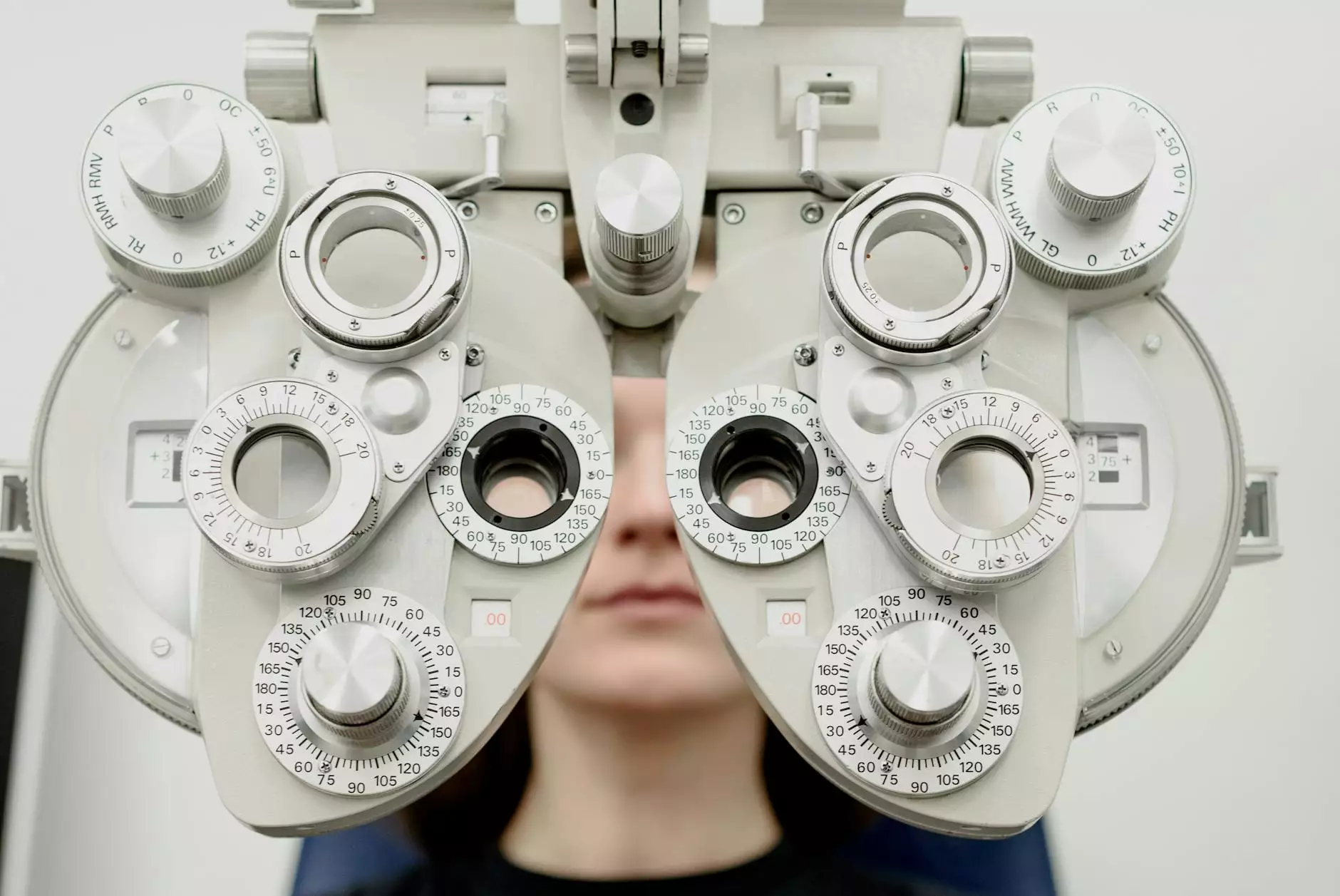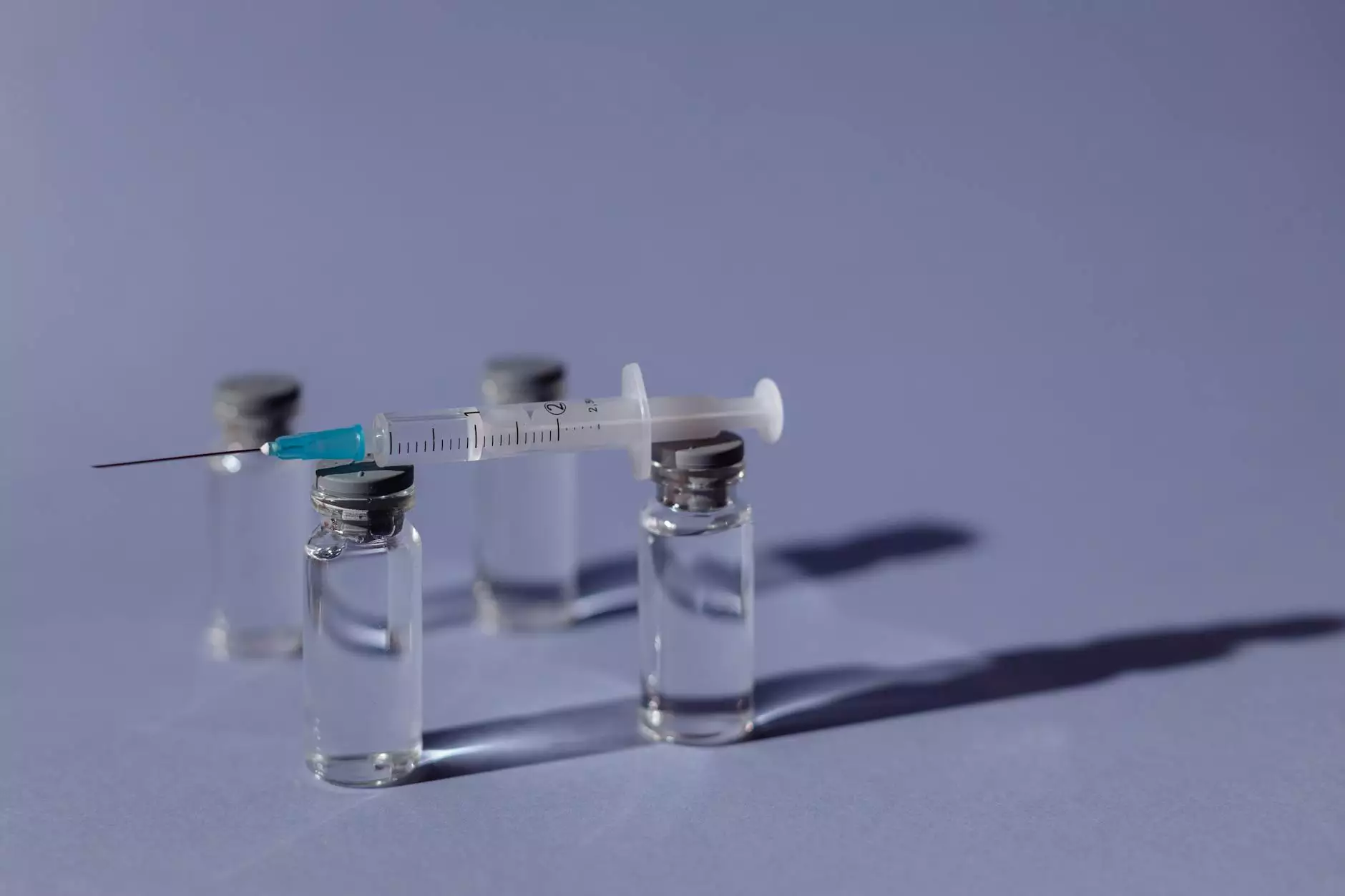TRT and Cardiovascular Event Risks: New Research
Cardiology
Welcome to CHI St. Luke’s Health - Performance Medicine, your trusted source for cutting-edge research and innovative medical solutions in the field of health. In this comprehensive article, we will delve into the latest findings on testosterone replacement therapy (TRT) and its potential risks related to cardiovascular events.
The Importance of TRT and Cardiovascular Health
Testosterone is a crucial hormone in both men and women, playing a key role in various bodily functions, including bone density, muscle mass, energy levels, and emotional well-being. As individuals age, testosterone levels naturally decline, leading to a variety of symptoms such as fatigue, mood changes, decreased libido, and reduced muscle mass.
TRT has emerged as a popular treatment option to restore healthy testosterone levels, providing numerous benefits to individuals experiencing low testosterone. However, recent scientific studies have raised concerns regarding potential cardiovascular risks associated with TRT, warranting deeper exploration and analysis.
Understanding the Research
In recent years, several studies have investigated the relationship between TRT and cardiovascular events, such as heart attacks and strokes. While some studies suggest a potential association between TRT and increased cardiovascular risks, it is essential to consider the limitations and inconsistencies within these findings.
One study published in a prominent medical journal indicated a slightly higher risk of cardiovascular events in men receiving TRT. However, it is crucial to note that the study size was relatively small and only included individuals with pre-existing cardiovascular conditions.
Conversely, other studies have presented differing results, indicating no significant association between TRT and cardiovascular risks. These studies highlight the need for further research to establish a conclusive understanding of the relationship between TRT and cardiovascular health.
Benefits and Risks of TRT
While the potential risks associated with TRT are being studied, it is essential to consider the numerous benefits it can offer to individuals with low testosterone levels. TRT has been found to improve energy levels, enhance mood and cognitive function, increase muscle mass, and improve sexual health and libido.
It is important to emphasize that any medical treatment, including TRT, should be pursued under the guidance of a qualified healthcare professional. Prior to starting TRT, a comprehensive evaluation is necessary to assess an individual's overall health, cardiovascular risk factors, and hormone levels. This evaluation allows healthcare providers to create a personalized treatment plan while mitigating potential risks.
Conclusions and Recommendations
As the field of medicine progresses, ongoing research is essential to provide a clear understanding of the relationship between TRT and cardiovascular events. At CHI St. Luke’s Health - Performance Medicine, we remain committed to staying at the forefront of medical advancements and providing our patients with the most up-to-date information.
If you are considering TRT or have concerns about the cardiovascular risks associated with testosterone replacement therapy, we encourage you to consult with our experienced medical team. Our specialists will conduct a thorough evaluation and discuss the potential benefits and risks of TRT in your specific scenario, enabling you to make an informed decision about your health.
Remember, your health is a top priority, and at CHI St. Luke’s Health - Performance Medicine, we are dedicated to providing you with comprehensive care focused on your well-being.










